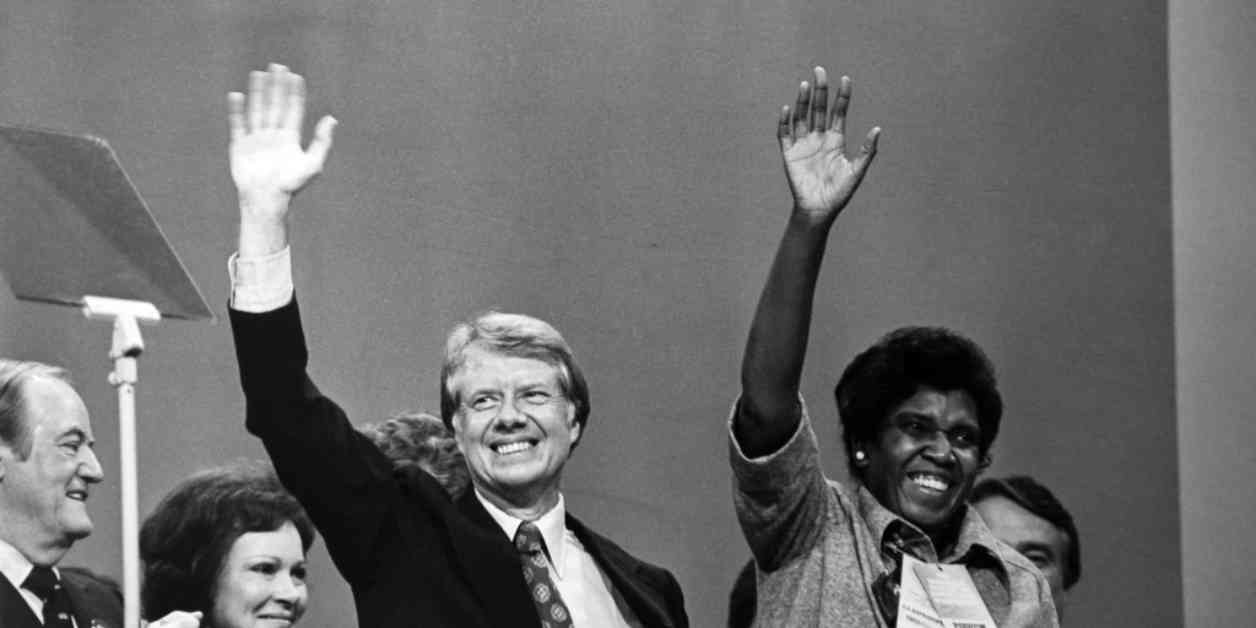Black Women in Politics: Jimmy Carter’s Impact on Representation
In the realm of American politics, the impact of Black women has been profound, yet often overlooked. One pivotal figure who played a crucial role in breaking barriers for Black women was former President Jimmy Carter. Through his presidency from 1977 to 1981, Carter shattered stereotypes and paved the way for increased representation of Black women in key political positions.
A Trailblazing Journey
Alexis M. Herman, a trailblazing figure in her own right, first crossed paths with Jimmy Carter in the 1970s. At the time, Carter was the governor of Georgia, and Herman was a recent college graduate deeply involved in promoting minority women’s employment opportunities in Atlanta. Their meeting marked the beginning of a transformative journey that would see Herman rise to become the country’s first Black labor secretary under the Clinton administration.
Carter’s Legacy of Inclusion
During his time in office, Carter made significant strides in appointing Black women to key positions of power. From cabinet-level roles to judgeships, Black women found themselves breaking new ground under his administration. Notably, Patricia Roberts Harris became the first Black woman to serve as a White House Cabinet secretary, while Hazel R. O’Leary and Eleanor Holmes Norton also made history in their respective roles.
Ahead of His Time
Shavon Arline-Bradley, the president and CEO of the National Council of Negro Women, praised Carter for his forward-thinking approach to inclusion. By championing Black women in key roles, Carter demonstrated a commitment to diversity and equality that was ahead of his time. His legacy continues to inspire future generations of leaders to push boundaries and challenge the status quo.
A Lasting Impact
As we reflect on President Jimmy Carter’s legacy, it’s clear that his influence extended far beyond his time in office. Through his commitment to human rights, democracy, and women’s rights, Carter set a powerful example for leaders around the world. His dedication to uplifting marginalized communities, including Black women, serves as a reminder of the importance of representation and inclusivity in shaping a more equitable society.
